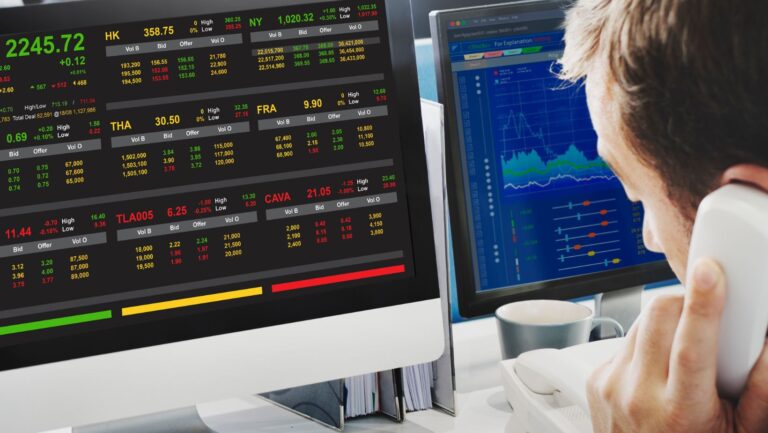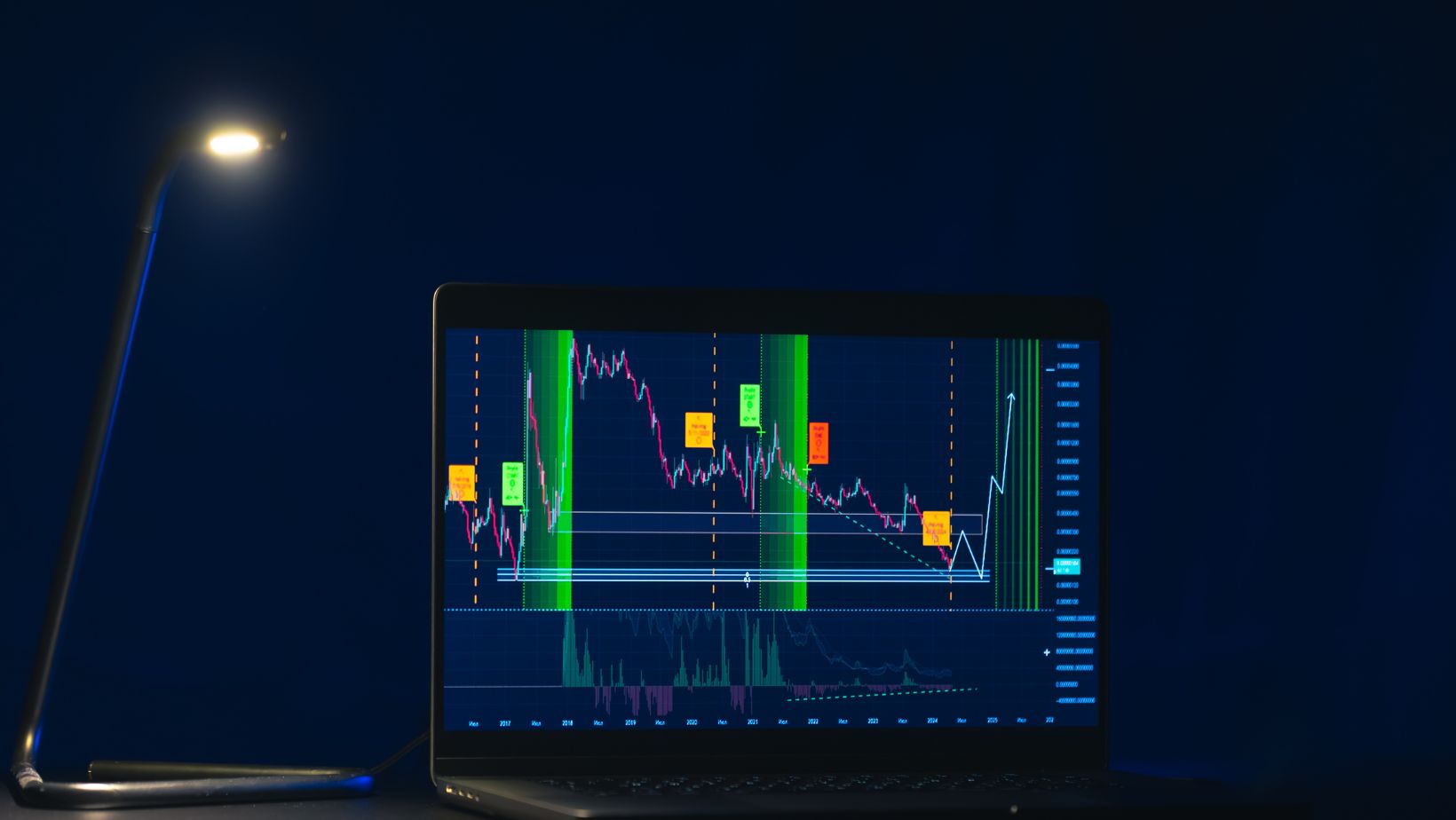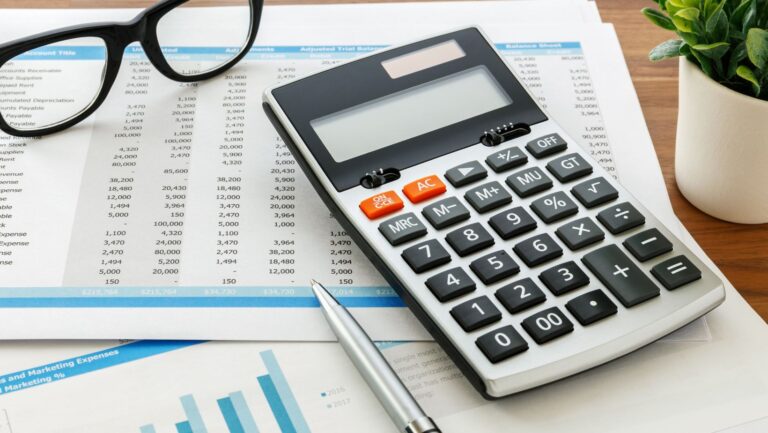Trading currencies sounds simple until you try doing it in the U.S. The market is open, but the rules are strict. Everything runs under close watch. Here, regulation isn’t just paperwork. It shapes how US forex brokers operate, how much traders can risk, and even which trades are allowed. It’s not as relaxed as in other countries, but it’s safer.
Who Regulates Forex Trading in the U.S.?
Every company that offers forex services in America must have a proper license. No forex broker license, no business.
Main Regulatory Bodies
The Commodity Futures Trading Commission (CFTC) is the top federal authority. It writes and enforces the laws that govern the market. The National Futures Association (NFA) handles the details: checking that brokers follow those laws every single day. Their main jobs:
- Keep brokers honest
- Stop scams before they grow
- Watch money flow in and out
- Handle complaints when something goes wrong
How These Agencies Work Together
They move like two parts of one system. The CFTC makes the rules, and the NFA keeps an eye on those who play by them. Both exist to protect traders, punish fraud, and keep prices fair. Without them, this market would look like the Wild West.
Key Legal Requirements for Forex Brokers
Becoming a forex broker in the United States is a serious undertaking. The process is long, expensive, and heavily monitored. Regulators do not hand out forex licenses easily. They want to see strong finances, clean records, and proof that a company can protect its clients. Many firms try to enter the U.S. market, but only a few meet the standards.
Licensing and Registration
A broker needs approval to work with U.S. traders. Two regulators handle this:
- The Commodity Futures Trading Commission
- The National Futures Association.
It’s a slow, careful process designed to keep unreliable firms out of the market. Getting approved is not a quick process. Regulators go through everything: who owns the company, how it’s funded, what kind of record it has. They want to see clean management, enough capital, and a clear structure. The paperwork can take months.
Once a firm has a forex trading license, it doesn’t stay hidden. The NFA keeps a public record of every registered broker. Anyone can check it online by typing in the company’s NFA ID number. If the name doesn’t appear there, it’s not legitimate. Simple as that.
A broker with a forex license must:
- Register with both CFTC and NFA
- Submit regular financial reports
- Keep client money in separate accounts
- Pass audits and inspections
- Disclose management and ownership details
Capital Requirements
Money matters most. A U.S. forex broker must maintain at least $20 million in net capital to keep its forex trading license. This rule ensures the company can handle withdrawals, survive market turbulence, and meet its obligations. It’s a high bar that filters out weak or risky players.
Capital strength also shows stability. When traders see a broker meeting this standard, they know their funds are handled by a business built to last, not one chasing quick profit.
Reporting and Forex Compliance
Getting the forex license is not the end. Brokers must send detailed reports to the NFA every month and every year. These reports track balances, trades, and financial health. Any delay or inaccuracy can lead to penalties or suspension.
The U.S. keeps a close eye on its forex market, and that’s why it remains one of the most secure places for traders worldwide.
Restrictions for Retail Forex Traders
For retail traders, the U.S. market is both a shelter and a cage. The rules limit freedom, but they protect small investors from taking dangerous bets.
Leverage Limits
The biggest restriction is leverage. Traders can’t borrow massive amounts of money to boost trades. Allowed leverage:
- 50:1 for major currency pairs
- 20:1 for minors or exotics
It might look low compared to Europe or offshore markets, but it keeps beginners from blowing up accounts in one night.
Hedging and FIFO Rules
Then comes the FIFO rule: First In, First Out. If you open several trades on the same pair, you must close the oldest first. It makes the accounting clean, but many traders find it frustrating. Hedging is also banned for retail traders. You can’t open opposite trades on the same currency pair. The rule simplifies trading and stops brokers from offering risky setups.
Tax Considerations
Profits are taxed, of course. Some traders report under Section 1256 contracts, others as ordinary income. The system is complex, but the goal is simple: stay transparent with the IRS. Talking to a tax expert usually helps.
In the end, these rules make the market slower but steadier. U.S. traders don’t chase wild profits, and that’s exactly what the regulators want.
Differences Between U.S. and Global Forex Regulations
The U.S. version of forex trading feels different. Stricter, cleaner, and less flexible. In Europe or Asia, the limits are looser. US forex brokers often offer 200:1 or even 500:1 leverage.
Key contrasts:
- Leverage: U.S. 50:1, EU 30:1, offshore sometimes 500:1
- Registration: U.S. requires NFA/CFTC license, EU follows ESMA rules, offshore might skip them entirely
- Protection: U.S. law shields investors; in offshore markets, safety depends mostly on trust
That’s why many foreign brokers avoid the U.S. altogether. They can’t or won’t meet the same standards. For traders, that means fewer choices but stronger security.
How to Choose a Regulated Broker
If there’s one rule every trader should follow, it’s this: trade only with a licensed broker. The forex broker license is proof that someone is watching that your money isn’t floating in a void.
To check a broker, go to the NFA’s BASIC search. Type the company’s name or ID number. If it’s registered, you’ll see details about its status and record. If you don’t, move on.
Steps to verify a US forex broker:
- Visit NFA’s official site
- Open the BASIC search tool
- Type broker’s name or ID
- Review the forex broker license, complaints, and membership info
Licensed brokers cost more to run, but they’re accountable. They hold client funds separately, file reports, and stay under the regulator’s eye. It’s the only way to trade with confidence.
Forex trading in the U.S. is not for thrill seekers. It’s built on control and oversight. The CFTC and NFA keep the market clean, even if that means making it harder for brokers and slower for traders.





